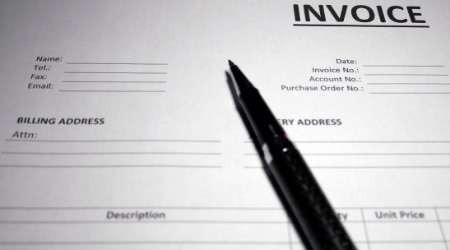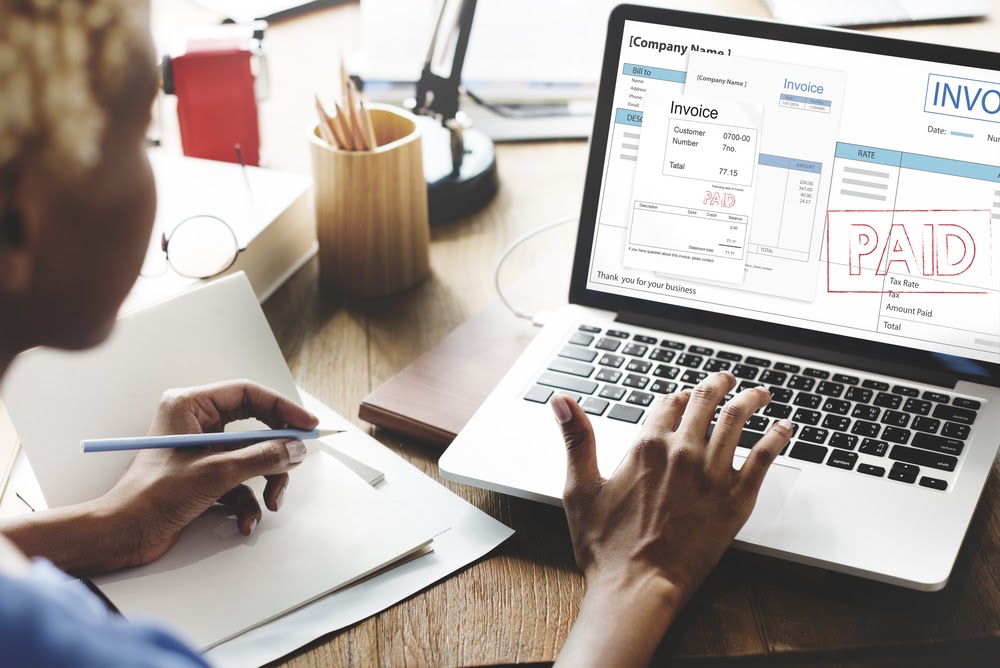Types of Expenses: Expense Definitions
Need quick answers? Read up on the most common expenses categories below as well as explanations of expense reporting for each category. Click the links below to go even more in-depth.
An accrued expense is an expense your business incurs or is subject to before you actually pay for it. This can include rent, utilities, salaries payable, and some taxes. You should log them on your balance sheet even when you haven’t yet paid these expenses.
A convention expense is an expense you incur while attending a business convention. Food, drink, and entertainment costs are generally not eligible. Costs like entry costs, booth fees, transportation, and lodging usually fall into this category.
An expense report is a list of all the expenses your business incurs during a specific period of time. Tracking your expenses on such a report is crucial, as many federal revenue agencies allow you to deduct almost all business-related expenses.
Indirect costs are expenses that don’t relate directly to a single project, product or service. These expenses often include rent, internet or office supplies. It’s important to allocate these indirect costs to your products or services so there’s enough cash to cover them – not just the raw materials needed to make an item.
A miscellaneous expense is an expense that doesn’t fit into a specific category. Common miscellaneous expenses include legal and accounting fees, advertising costs, and interest and bank charges. It’s important that you track business expenses accurately so as not to trigger an audit.
Tax credits are reductions in your tax bill: If you qualify for a tax credit, it’ll be subtracted from the taxes you ultimately owe.















